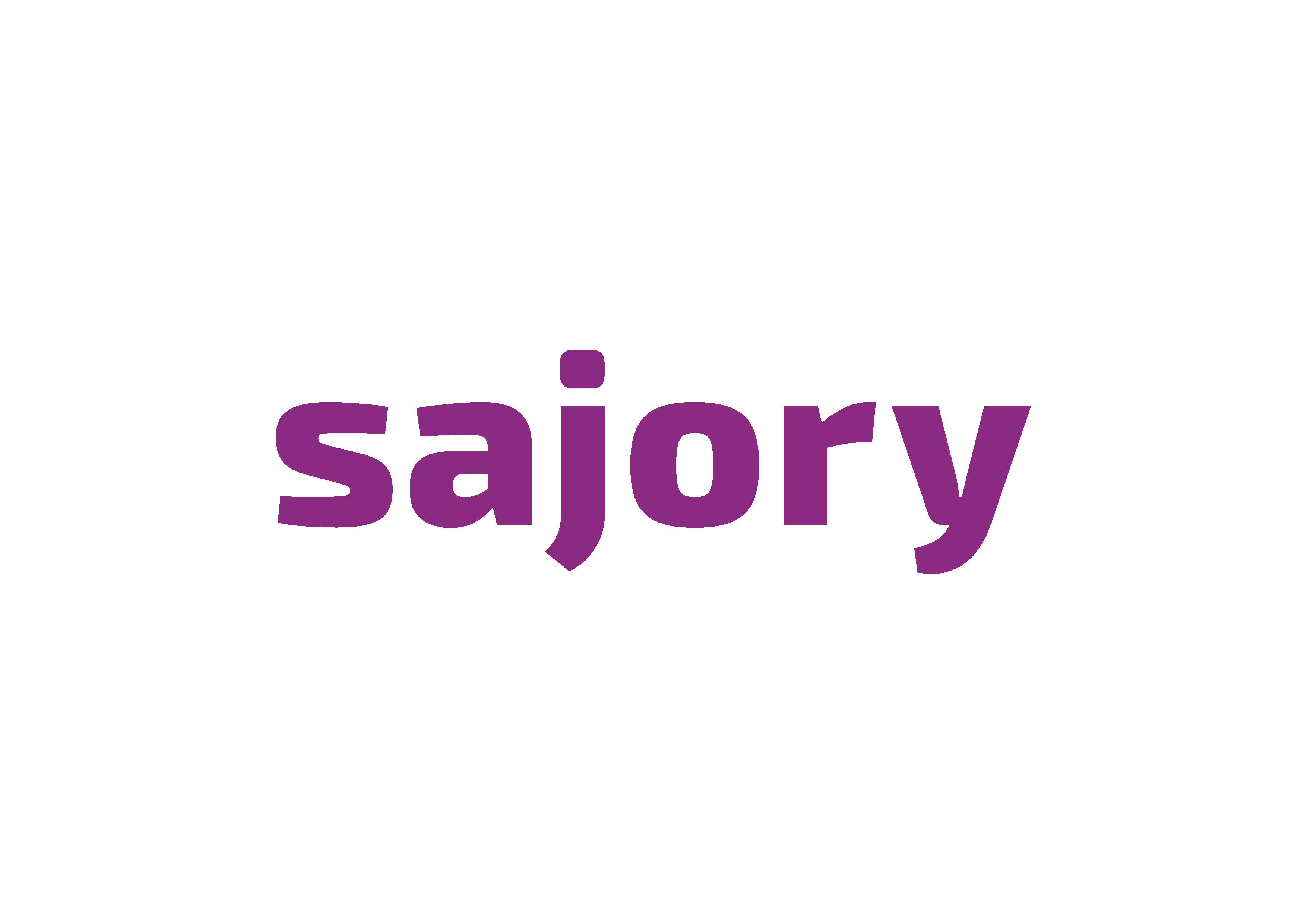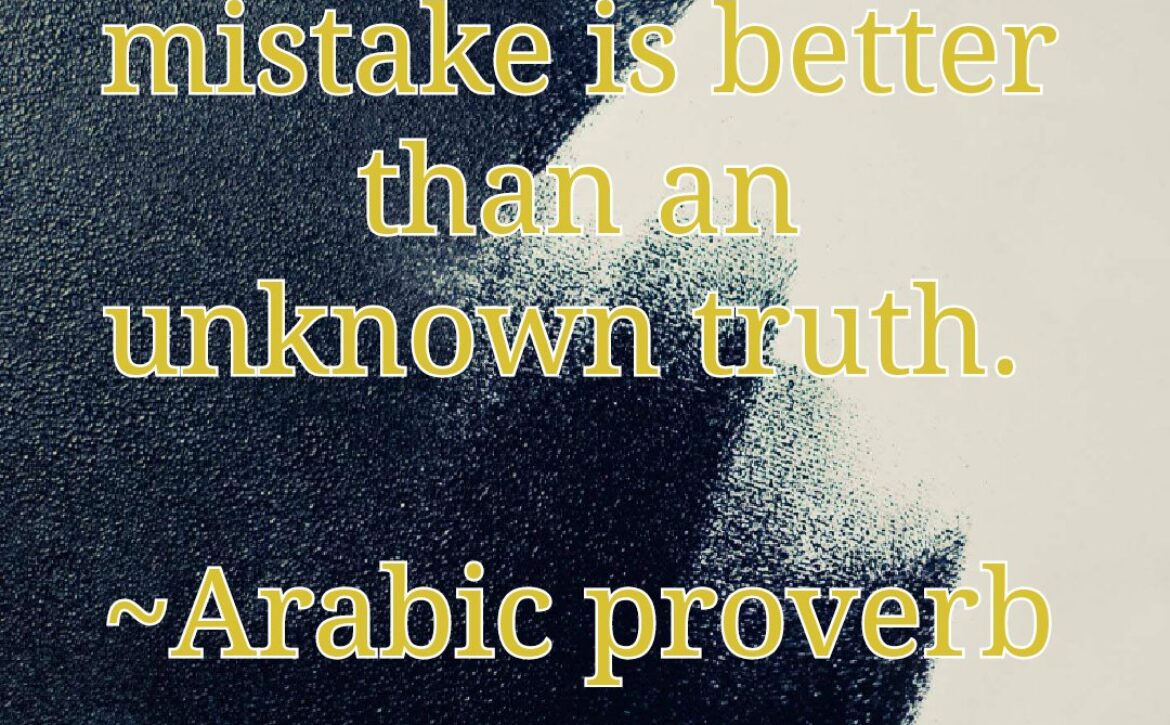Searching for problems
Problem finding can be as important as problem solving. This is not a call for the misinformed managers who actively search for problems with employees. Those people need a different type of help.
I’m talking about problem hunting with the intention of understanding situations from different perspectives, and not only the original lens we saw the problem with. Searching for problems can highlight unwritten processes and ways of work as well as illustrate tacit knowledge of how people fix immediate problems. When someone faces a challenge at work, they try to fix it as fast as possible so that work can continue smoothly. This sometimes creates additional issues elsewhere or down the road. Without proper reflection mode, this cycle continues.
If we’re properly hunting for problems in the first place, we’re able to see this a mile ahead and fix it with a big-picture lens, so that people don’t loose time and energy looking for information that are not readily available. E. Paul Torrance called it sensing gaps in information. Others call it problem sensitivity, problem discovery, or problem defining. According to Einstein, “The identification of the problem is more important than the solution, which may merely be a matter of mathematical or experimental skills.”
Happy problem hunting,
Randah Taher


